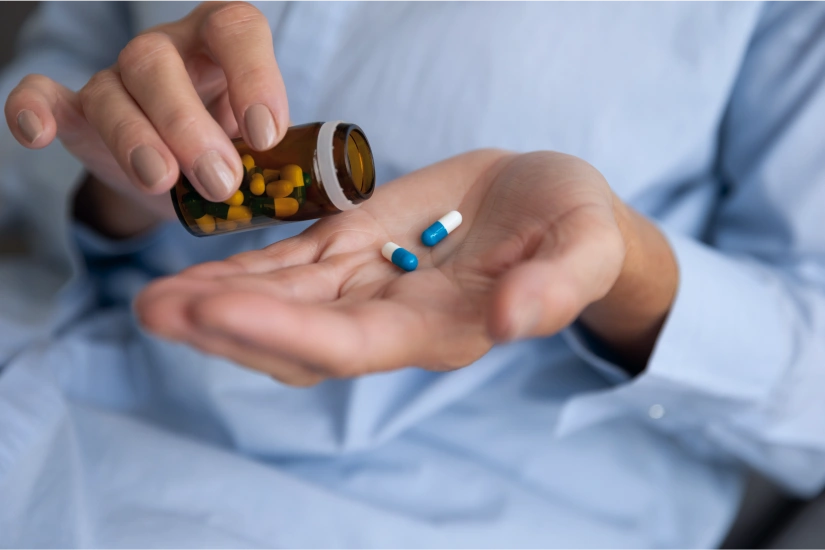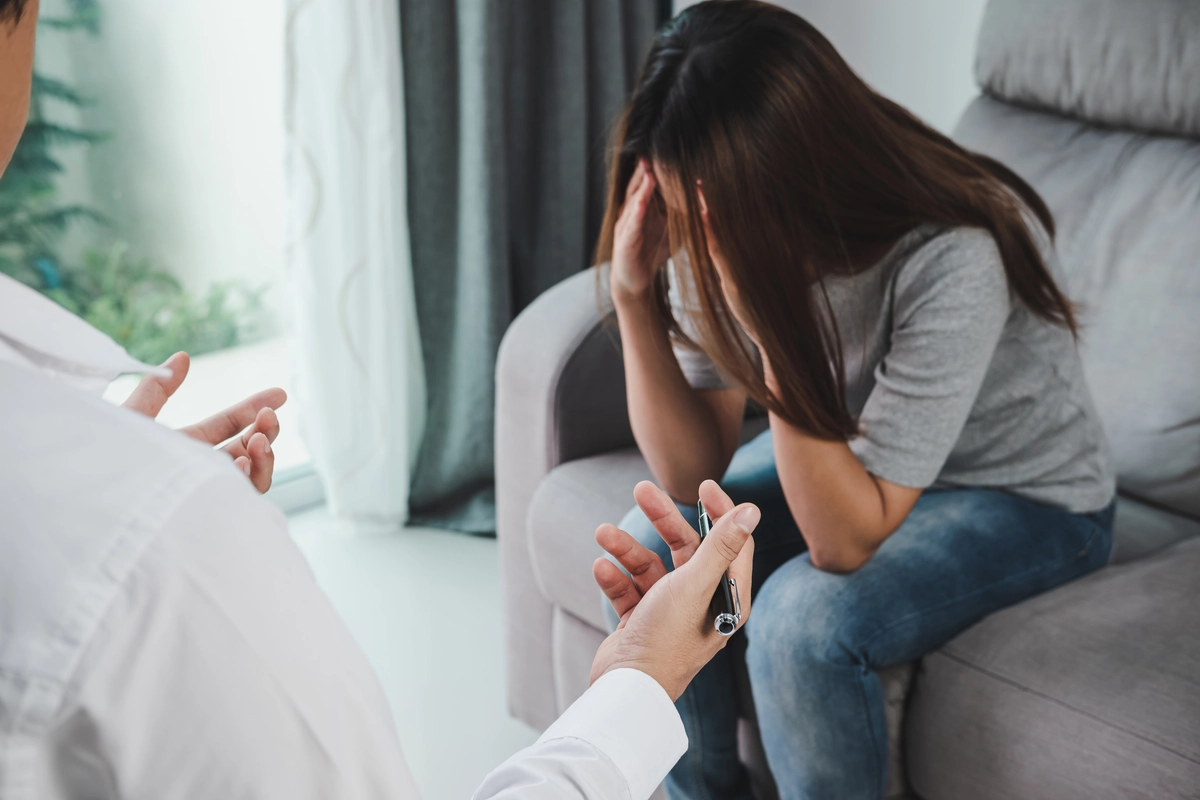24/7 Helpline:
(866) 899-221924/7 Helpline:
(866) 899-2219
Learn more about Heroin Rehab centers in Fruitland Park

Other Insurance Options

UMR

Lucent

Amerigroup

WellPoint

Covered California

Cigna

Optima

CareFirst

Choice Care Network

ComPsych

United Health Care

UnitedHealth Group

Sutter

State Farm

BHS | Behavioral Health Systems

Absolute Total Care

Private insurance

Group Health Incorporated

Medical Mutual of Ohio

Health Partners







Upper Room Counseling Center
Upper Room Counseling Center is a private rehab located in Fruitland Park, Florida. Upper Room Couns...




